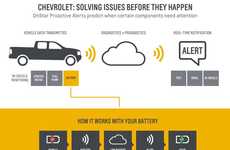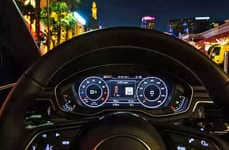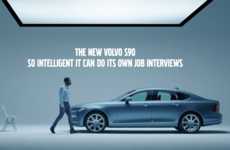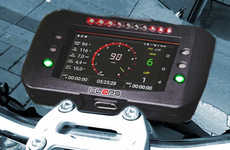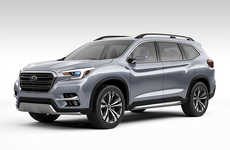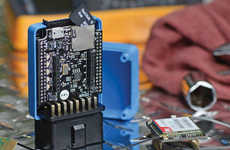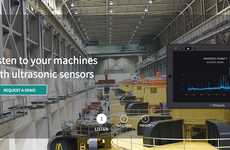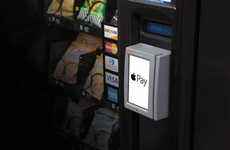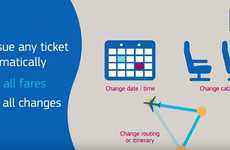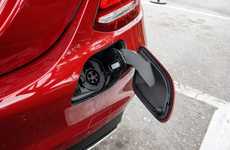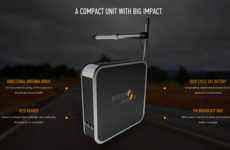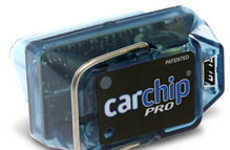



Preventative car care takes the place of reactive repairs
Trend - Preventative car care is being channeled through service points and online, alerting vehicle owners of potential repair needs and giving them the opportunity to pursue proactive correction rather than emergency treatment. This shift comes as the reliance on vehicles grows, with consumers not having the time or resources to go about their day-to-day without personal transportation.
Insight - For North Americans living in the post-auto bail-out world, many hold car manufacturers to a higher standard of expectations than what might have been acceptable previously. Many are no longer willing to make such an expensive purchase of a product that isn't designed for long-term use. With that comes an increased expectation of quality or value.
Insight - For North Americans living in the post-auto bail-out world, many hold car manufacturers to a higher standard of expectations than what might have been acceptable previously. Many are no longer willing to make such an expensive purchase of a product that isn't designed for long-term use. With that comes an increased expectation of quality or value.
Workshop Question - How can your brand offer proactive solutions rather than reactive ones?
Trend Themes
1. Proactive Auto Alert Services - Sensor technology and predictive algorithms are being used to proactively warn drivers of potential vehicle breakdowns, saving them time, energy and money when it comes to repairs.
2. Diagnostic Vehicle Gadgets - High-tech fob-like devices that plug into a vehicle's diagnostic port and use cloud-based AI algorithms allow automobile owners to take a proactive approach to vehicular diagnostics, potentially saving them money and helping their vehicle perform for longer.
3. Eye Movement-tracking Car Features - Automakers are using emerging technology like facial recognition to prevent distracted driving by detecting warning signs including failure to keep eyes on the road or hands on the wheel, and alerting drivers or autonomous systems accordingly to prevent accidents.
Industry Implications
1. Automotive Industry - The automotive industry can utilize sensor technology and predictive algorithms to alert drivers of potential vehicle breakdowns, offer self-service car showrooms and diagnostics gadgetry, and prevent drunk or distracted driving through AI-based features.
2. Insurance Industry - The insurance industry can leverage AI to expedite claims and repairs, providing auto repair cost estimates instantly based on photographs of damage and working with repair ecosystems.
3. Tech Industry - The tech industry can provide cross-country car care clinics and automated auto mechanic apps like Engie to bridge the knowledge gap between mechanics and drivers by helping more people access affordable preventative vehicle maintenance.


